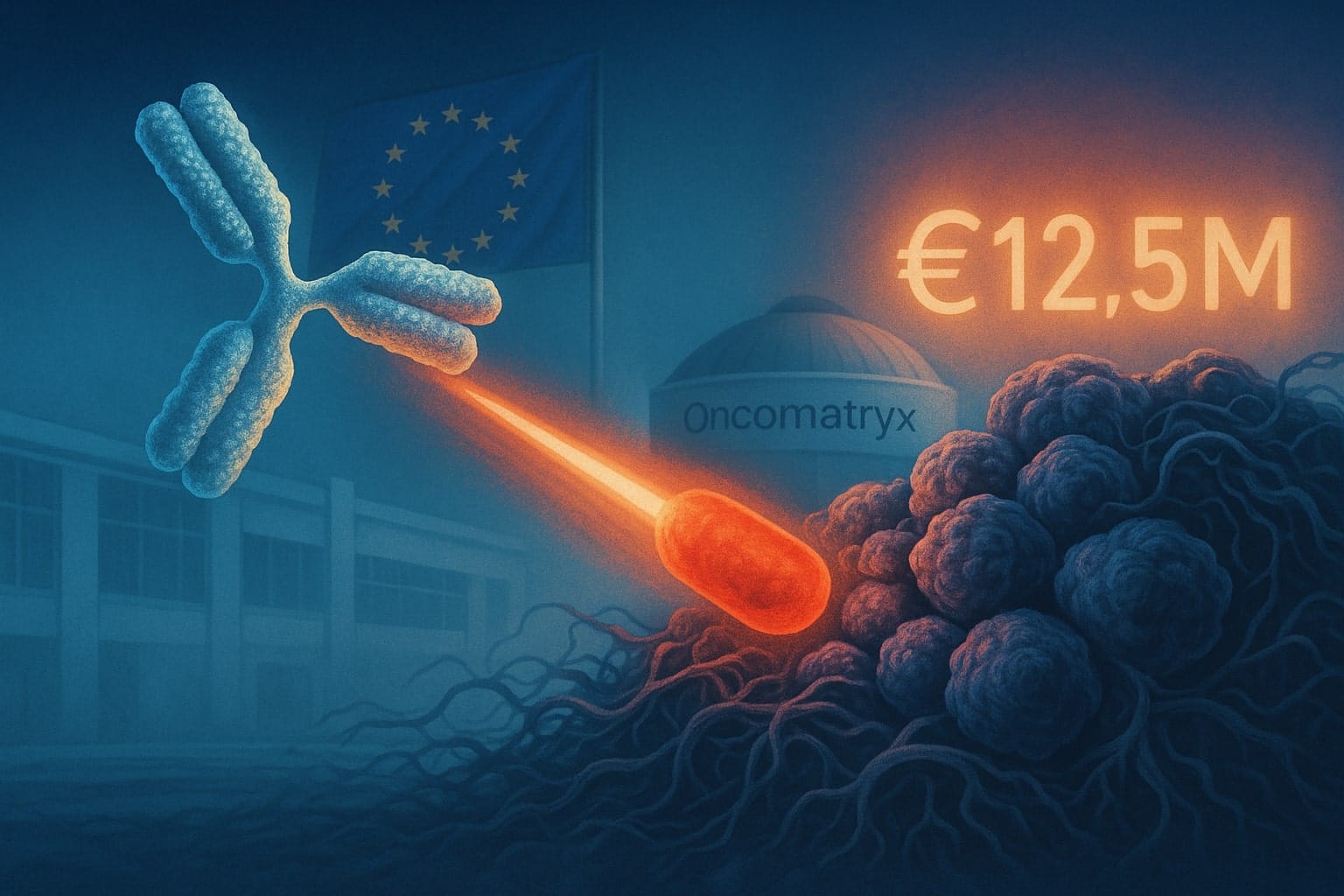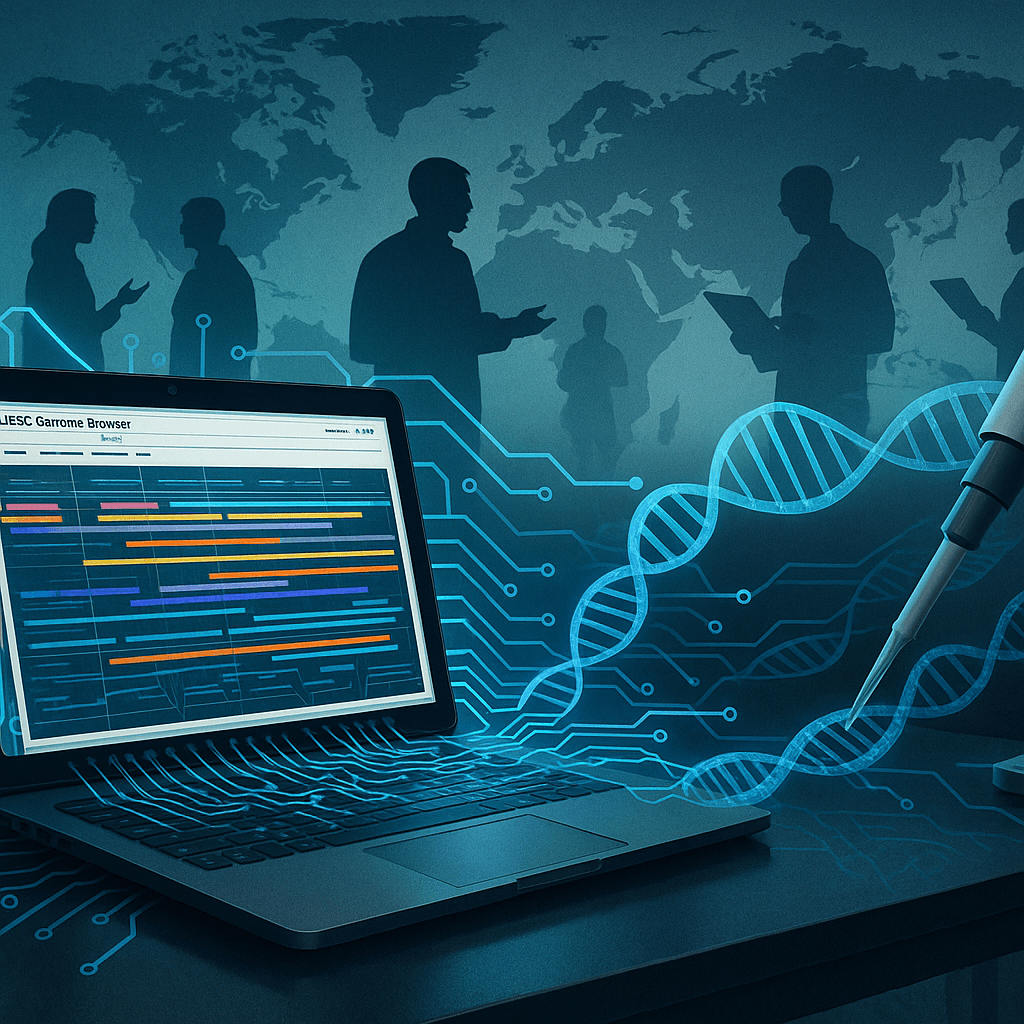In a groundbreaking achievement, the biotechnology firm Profluent has successfully employed their pioneering tool, OpenCRISPR-1, to edit the human genome. This marks a significant advancement in the field of genetics, offering potential new avenues for medical research and treatment. OpenCRISPR-1 is not only a feat of scientific innovation but also a remarkable application of artificial intelligence in genetic engineering, designed to enhance accessibility and efficiency in gene editing.
Table of Contents
ToggleUnderstanding OpenCRISPR-1
OpenCRISPR-1 distinguishes itself by being the first AI-created and open-source gene editing tool. This means it is freely available to the scientific community, promoting collaboration and accelerating advancements in genetic research. The technology was developed with the intention of making gene editing more user-friendly and reducing the technical barriers that often impede genetic research and therapeutic development.
The impact of such technology is profound. By simplifying the complex processes involved in editing DNA, OpenCRISPR-1 could democratize genetic modifications, making it possible for more researchers to engage in cutting-edge experiments that could lead to treatments for genetic disorders, enhanced agricultural products, and even personalized medicine.
The Role of AI in Genetic Editing

Profluent has harnessed the power of artificial intelligence to optimize the function and accuracy of OpenCRISPR-1. AI algorithms can predict the most effective ways to edit genes, minimizing unintended consequences and increasing the precision of genetic alterations. This integration of AI reduces the trial-and-error aspect of gene editing, paving the way for more predictable and successful outcomes.
Potential Applications and Ethical Considerations
The applications of OpenCRISPR-1 are vast and varied. In medicine, it could be used to correct genetic defects before they manifest as disease, potentially offering cures to hereditary conditions that were previously thought to be untreatable. In agriculture, farmers could use this technology to develop crops that are more resistant to pests and environmental stresses, increasing food security.
However, the power to alter DNA comes with significant ethical implications. The ease and accessibility of OpenCRISPR-1 necessitate strict regulations and guidelines to prevent misuse and ensure that genetic editing is performed responsibly. Discussions around the ethical use of gene editing technology must continue to evolve as the technology itself advances.
Insights from the Company and Further Reading
For those interested in exploring this technological marvel further, Profluent’s official website offers insights into their mission and future projects. Additionally, the original research outlining the specifics of OpenCRISPR-1’s development and application can be accessed through a detailed study available on BioRxiv. This document is crucial for understanding the scientific foundation and potential ramifications of this technology.
Read the research on OpenCRISPR-1 here and learn more about Profluent on their official website.
Conclusion
The successful development and deployment of OpenCRISPR-1 by Profluent represent a pivotal moment in genetic research. As this technology becomes more integrated into various fields, it holds the promise of significant advancements in health, agriculture, and beyond. With great power comes great responsibility, and the scientific community, along with regulatory bodies, must ensure this technology is used for the betterment of society.












